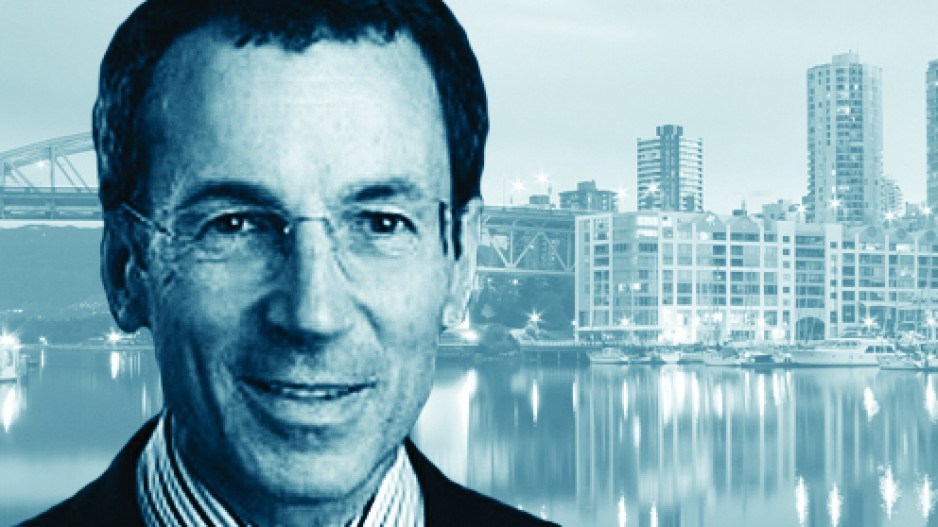Looking back over the past year, it’s hard not to notice a huge lump of unfinished business in Metro Vancouver’s inbox: our failure to implement the Mayors’ Plan for transit and transportation improvements. I was about to say, “That was rejected in the spring plebiscite,” but it wasn’t the plan that was rejected. The 2-1 vote was against a proposed regional sales tax. A majority of people and every municipality supported the plan.
Since that setback, three important things have happened: the premier and the two provincial ministers who are gamely spinning their tires on this file have stood by the inane, inexplicable requirement that the missing one-third regional funding for this one piece of all the province’s infrastructure needs to be approved through a referendum.
Any new referendum on regional funding would be seriously handicapped. The province, over the years, has ruled out increased vehicle levies, a regional carbon tax, tolls on existing bridges and, because of the plebiscite, a regional sales tax. And lack of faith in TransLink’s accountability was a major reason people voted No in the plebiscite.
On December 15, the Metro Vancouver board voted for a change in provincial legislation to put the Mayors’ Council in charge of regional transportation planning and TransLink, since the mayors are already involved in regional land-use planning and are politically accountable. This would lift TransLink out of the fog of diffused governance, but the province has blocked this road too: Minister Responsible for TransLink Peter Fassbender says there won’t be any remake of TransLink governance.
The second is that the federal government has dangled a 10-year $125 billion infrastructure fund in front of all the cities in the country and asked who wants it.
And that leads us to the question that hangs in our increasingly dirty air: how can the province collect a decent share of that juicy first-round federal transit/infrastructure money?
As I write this, Fassbender and Transportation Minister Todd Stone are desperately pushing the feds to fill the regional one-third funding gap.
Without TransLink reform or a new referendum, the premier’s most reasonable course of action is to waive the one-third regional funding requirement, as the feds have hinted they would. Having the province pick up the difference would be costly, but it could bring in timely federal funding that would otherwise go elsewhere. In Greater Toronto, the province is picking up 87% of its $12.3 billion total bill for transit improvements. The region is paying 4% with the feds covering the rest.
According to a recent article by Nathan Woods of Unifor and Tom Sigurdson of the BC Building Trades Council, none of the other urban competitors for the federal money – including Toronto, Montreal, Ottawa, Edmonton and Calgary – require one-third local funding.
Interestingly, B.C.’s two ministers went to Ottawa with the new, $3 billion Massey Bridge on their wish list, along with the bridge and transit projects from the Mayors’ Plan. Perhaps a federal contribution to the Massey Tunnel replacement could free up provincial money to fill the regional transit-funding gap?
How about a shift in provincial tolling policy to allow tolling on all Lower Mainland bridges?
Oh, and that third thing that happened in 2015: Stephen Harper’s government was tossed because it dug itself into a hole pleasing a limited voter base at the expense of good governance. Investing in transit infrastructure delivers on every front: construction and operational jobs; an improved economy from faster goods movement, employee mobility and more efficient road use; lower costs of living; better health; cleaner air and, oh yes, lower greenhouse gas emissions. Premier Christy Clark’s insistence on another costly, hard-to-win referendum to please her heavily subsidized car-dependent base, while missing out on eager federal funding for less-subsidized public transit, just could have Harperesque electoral consequences.
Maybe that will get the premier’s attention.
Peter Ladner ([email protected]) is a co-founder of Business in Vancouver. He is a former Vancouver city councillor and former fellow at the SFU Centre for Dialogue. He is the author of The Urban Food Revolution.




